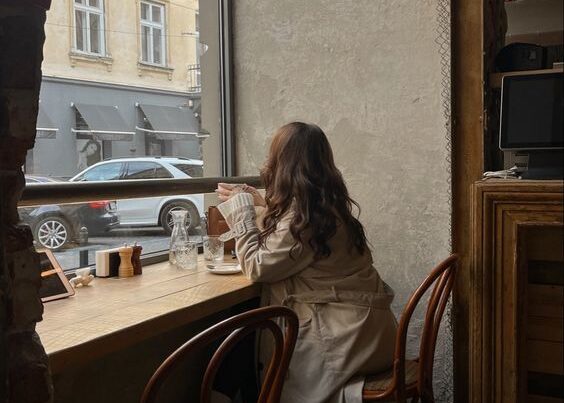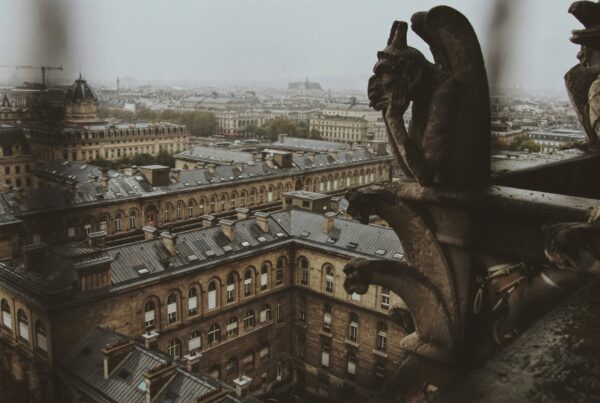Every home has one. A drawer that does not quite belong anywhere, but still manages to collect everything. You know the one: wedged between the neat silverware trays and the carefully folded dish towels. The place where rubber bands, expired coupons, a rogue screw, a lighter with no fluid, and a birthday candle all somehow coexist.
At first glance, it looks like clutter. Junk. The physical evidence of what we have postponed, misplaced, or promised to organize later. But if you pause for even a moment, you will realize it is not junk at all. It is a time capsule.
That candle? It once stood in frosting, flickering on a fifth birthday cake before a small pair of lungs blew it out. That key? It opened a door you have not walked through in years, maybe to an apartment you loved for a season or a home you outgrew. That crumpled scrap of paper? It carries a phone number you meant to call, or a grocery list for a holiday meal you once shared.
The Hidden Archives of Ordinary Life
We have been taught to chase perfection: minimalist spaces, curated aesthetics, calendars lined in neat boxes, inboxes at zero. Yet the truest record of who we are rarely lives in what is polished. It hides in the margins: drawers, closets, half-finished journals, crumpled notes in the bottom of a purse.
Those places hold what we do not post on social media: proof of the days that rushed by too quickly to sort, the moments too raw to archive. They are the evidence of survival, of celebration, of trying again.
One day, someone else will open that drawer. They will not see junk. They will see you. They will find the ordinary tokens of a life lived imperfectly but fully. Proof that your days were not sterile but vibrant, messy, alive.
The Grace of Mess
Maybe we do not need to empty that drawer at all. Maybe we need to honor it. To understand that in its disarray lives the reminder that we are never as put together as we pretend, and that is what makes us human.
It is tempting to see clutter as failure. But what if it is just the sediment of a life well-lived? Just as geologists can read the layers of the earth for history, our junk drawers whisper our stories back to us.
So instead of purging it in frustration, pause. Notice. Let that drawer remind you of the richness in the margins, the beauty in the overlooked.
Related read: The Art of Noticing Everyday Life
Related read: Why Clutter Isn’t Always the Enemy






